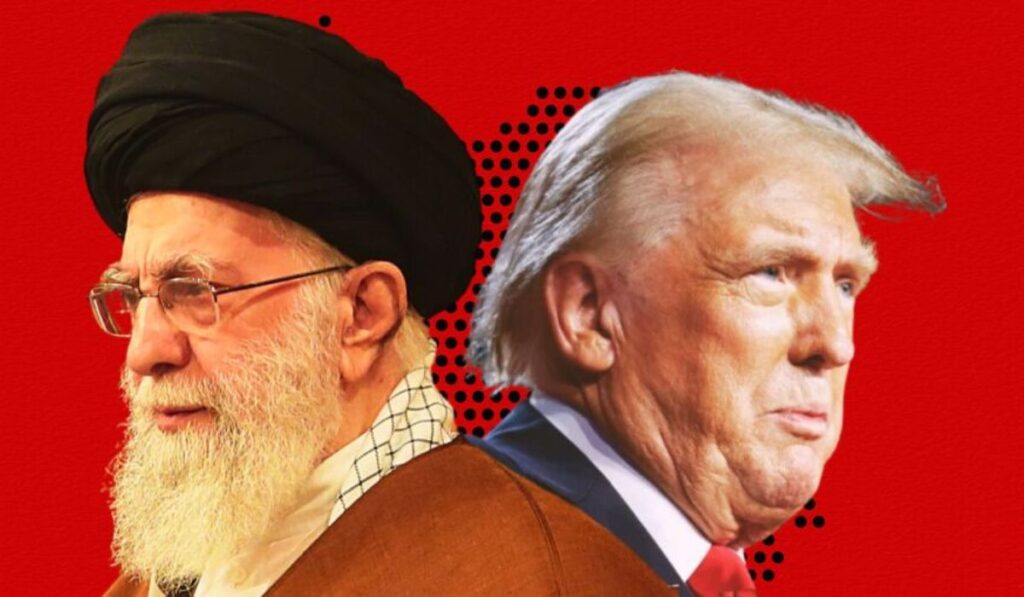Washington, D.C. – As the political landscape shifts in the United States, former President Donald Trump is making headlines with his bold claim that he can negotiate a new peace deal with Iran. His renewed focus on foreign policy comes as tensions between the U.S. and Iran remain high, raising questions about the feasibility of diplomacy in resolving longstanding conflicts.
A Complex Relationship
The U.S.-Iran relationship has been fraught with tension for decades, particularly following the 1979 Iranian Revolution and the subsequent hostage crisis. Under Trump’s first administration, the U.S. withdrew from the Joint Comprehensive Plan of Action (JCPOA) in 2018, a nuclear deal that aimed to curb Iran’s nuclear ambitions in exchange for sanctions relief. This move escalated tensions and led to a series of confrontations, including military clashes and cyberattacks.
Trump’s Diplomatic Approach
In recent statements, Trump has expressed confidence that his experience and negotiating skills could lead to a breakthrough in U.S.-Iran relations. He has proposed a new framework that would involve direct talks with Iranian leaders, aiming to address not only nuclear issues but also regional security concerns and Iran’s support for proxy groups in the Middle East. Trump’s supporters argue that his unconventional approach to diplomacy could yield results where traditional methods have failed.
Challenges Ahead
Despite Trump’s optimism, significant challenges remain. The Iranian government, led by President Ebrahim Raisi, has shown resistance to reengaging with the U.S. under the terms of the previous administration. Additionally, hardliners within Iran may oppose any concessions, fearing they would undermine their political standing. The political landscape in the U.S. also complicates matters, as Trump’s potential candidacy for the 2024 presidential election could influence negotiations.
International Implications
A successful peace deal with Iran could have far-reaching implications for global politics. It could stabilize the volatile Middle East, reduce the threat of nuclear proliferation, and reshape alliances in the region. However, failure to reach an agreement could further strain U.S. relations with allies in the region, particularly Israel and Saudi Arabia, who remain skeptical of Iran’s intentions.
Join the Movement
As Trump rallies support for his diplomatic ambitions, he is calling on Americans to “join the movement” for a new approach to peace. His supporters argue that a fresh perspective is needed to break the cycle of hostility and pave the way for a more stable future. Critics, however, caution that any negotiations must be approached with careful consideration of Iran’s actions and the broader geopolitical landscape.
As discussions about a potential peace deal with Iran unfold, the world watches closely, weighing the prospects of renewed diplomacy against the backdrop of a complex and often contentious history. The outcome of these efforts could redefine U.S.-Iran relations for years to come.

